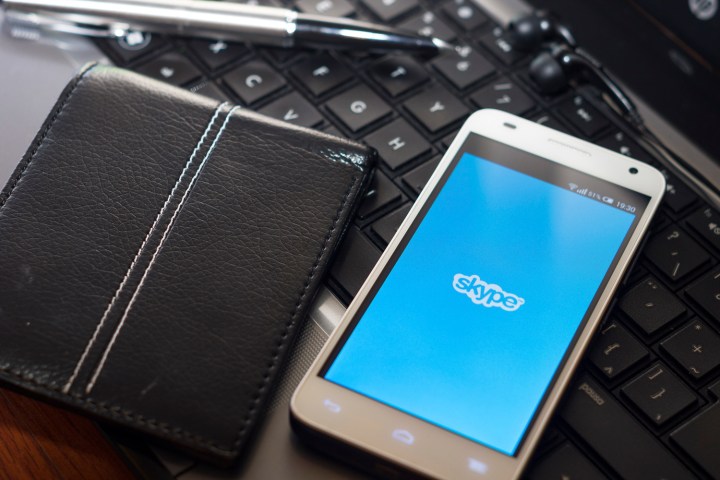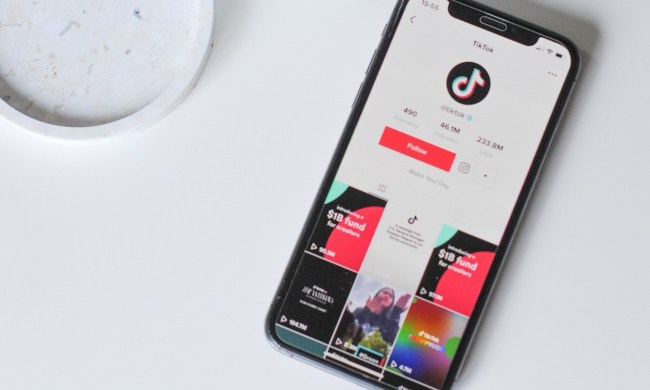
“We have been notified by the Ministry of Public Security that a number of voice over internet protocol apps do not comply with local law. Therefore these apps have been removed from the app store in China,” an Apple spokeswoman told the Times in an emailed statement regarding questions about Skype’s recent vanishing act. “These apps remain available in all other markets where they do business.”
Curiously enough, Skype is still functional in China, and we’re not yet certain as to whether or not the service will be fully banned in the nation. But now that it’s no longer available for download, it only seems like a matter of time before government officials remove the service altogether from behind the so-called Great Firewall of China.
President Xi Jinping’s administration has been among the toughest on social media and messaging technology, reflecting the government’s desire to control content and communication within the nation’s borders. Just a few months ago, China blocked Facebook-owned WhatsApp, and other apps popular in Asian nations like Telegram and Line have also been banned. The Times reports that the government’s complaint with these services lies in their encryption options (which means that they’re more difficult for government officials to monitor). Plus, these apps don’t require users to share their real names for accounts, which runs contrary to official Chinese rules.


